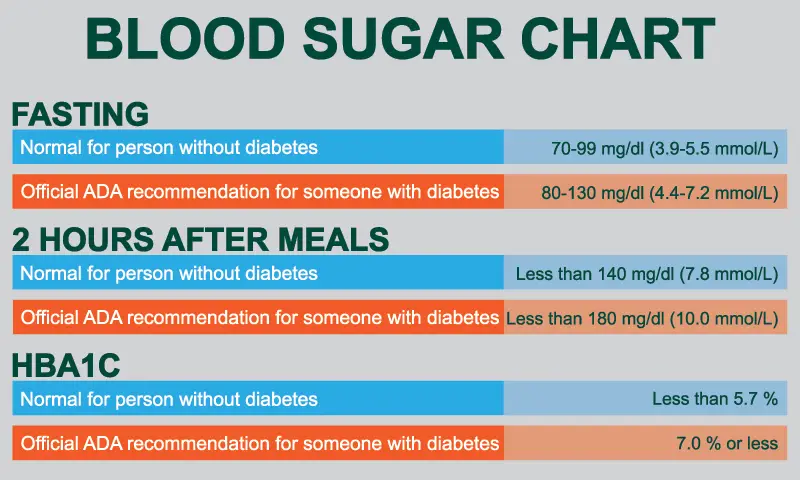Science On How Not To Die
- Alexis Carriger
- Dec 8, 2022
- 2 min read
Updated: Aug 26, 2023
live ten years longer doing these 8 lifestyle based factors:
1. Two diets to incorporate into your daily lifestyle:
the DASH diet which is low in sodium, red meat, processed meat and sweetened drinks and focuses on whole grains, fruits and vegetables, legumes and lean protein.
The second diet is called the Mediterranean diet which is similar to the DASH diet but also focuses on fish consumption, getting enough omega 3 fatty acids (see my other blog post titled 'The Omegas: which are essential?') and healthy oils.
2. Physical activity: The CDC recommendation is 150 minutes of moderate PA per week or 75 minutes of vigorous PA per week.
3. Reduce your nicotine exposure: this means quitting smoking, vaping, or using E-cigs and/or reducing your exposure.
4. Get quality sleep: Sleep duration is associated with optimal health as this is the time your body recovers from the day. 7-9 hours is recommended for adults. For those younger, 10-16 hours for 5 and younger, 9-12 hours for 6-12 and 8-10 hours for 13-18 years old.
5. BMI is an imperfect metric but can be used by your primary care team to assess weight variability and trends that can lead to health problems like heart issues, diabetes, cancer, gallbladder disease, etc.
6. Lipid panel to assess cholesterol: It's important to assess your heart health through a lipid blood panel. This should be checked in a fasted state. Here's what you should look out for:

7. Blood glucose levels are important to monitor so we know how well our bodies can use glucose. When we eat food, our bodies breakdown food particles into macronutrients and micronutrients to be digested accordingly. Glucose eventually enters our blood and a healthy pancreas will release a hormone called insulin in response to the presence of glucose. Insulin's job is to shuttle glucose to our cells to either be used for energy or to be stored as glycogen for later use. If we don't need energy at this moment and our glycogen stores are all full, then the body will covert glucose to fat to be stored in adipose tissue.
When our bodies become more resistant to insulin, meaning our cells don't recognize insulin in the blood, then glucose will remain in the blood where it can damage blood vessels, impair kidney function, affect brain activity, and much more. Here's what to look out for:
8. Finally, blood pressure is important to monitor in order to keep an eye on your heart health. This is largely impacted by sodium intake, hydration status, electrolyte balance, and overall diet quality. Here's what to look out for:

I hope these 8 lifestyle based factors were helpful and insightful for you! Please share this information with your friends and family so everyone can track their health better!











Comments